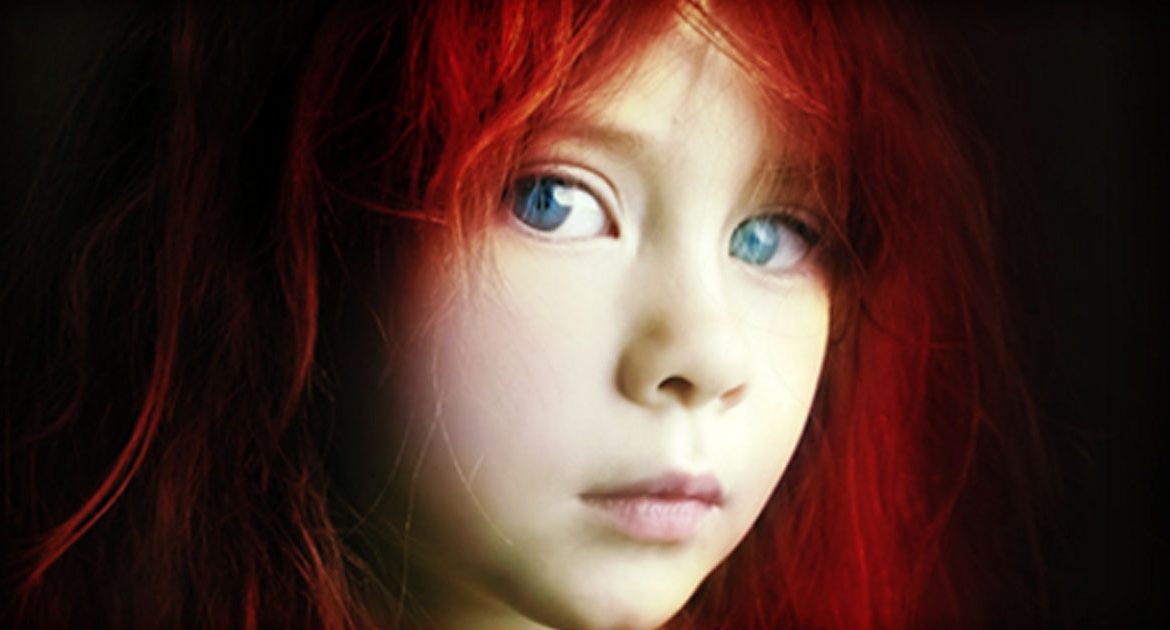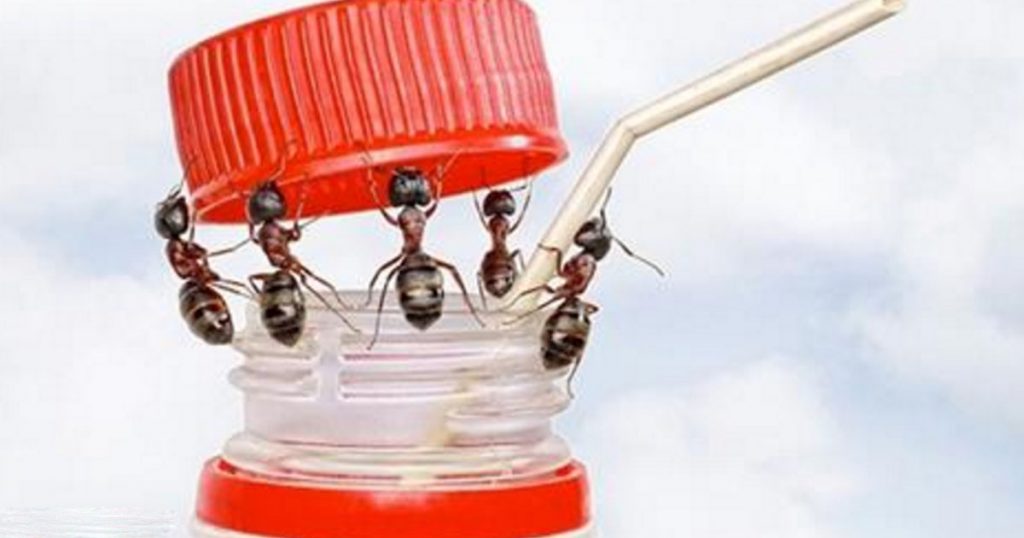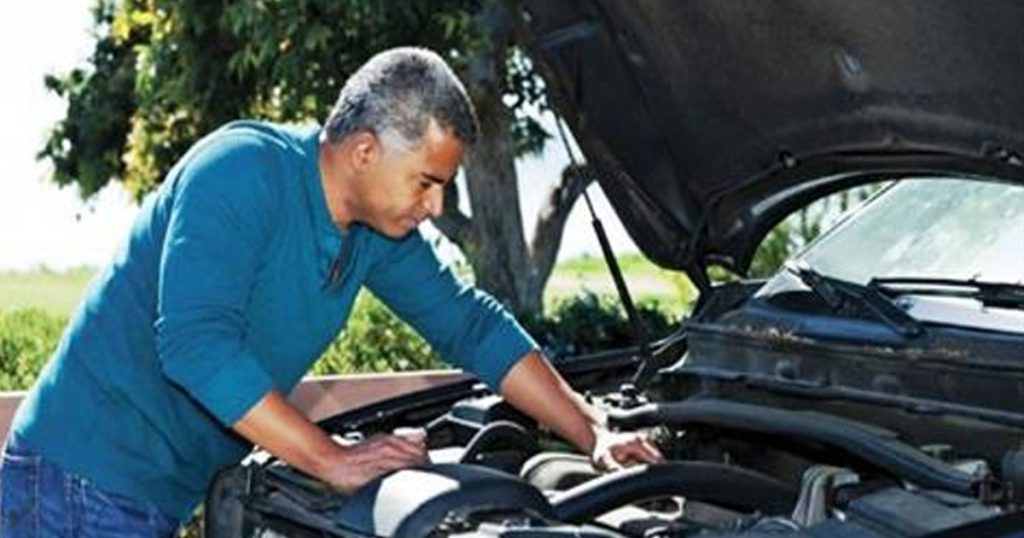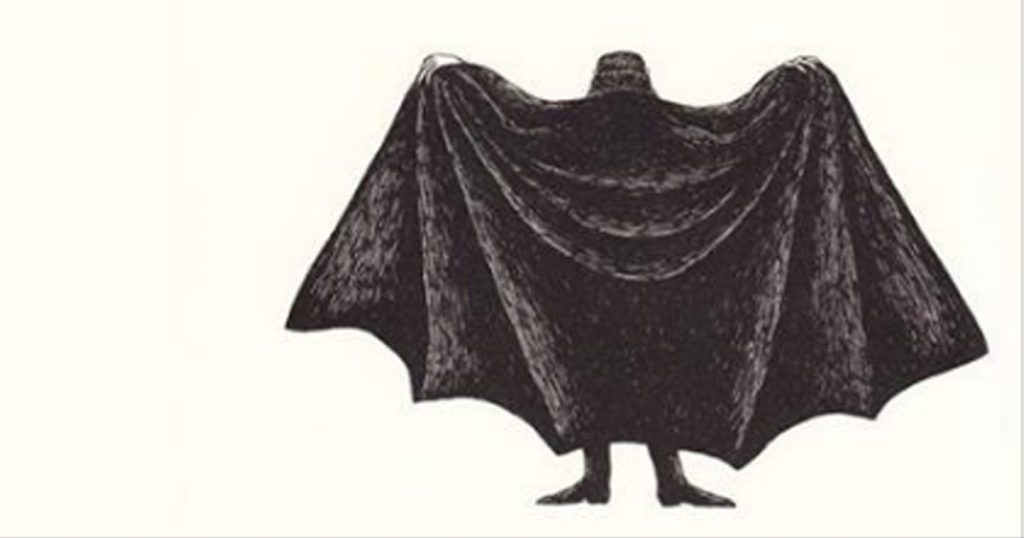Being an empath doesn’t necessarily mean that you are gifted with powers of clairvoyance or telepathy, but for some people, it seems as real as anything. Some might have naturally gifted abilities to sense what others are feeling, even if they are hiding it.
Often times they develop almost super-human like qualities of empathy at an early age. There’s a special place in everyone’s heart for someone who is truly empathic. They have an uncanny ability to surprise you when you need them most.
Natural child empaths have powers of observation and perception that are almost ‘Sherlockian’ in nature. The following 12 traits can be observed in children at a very young age who may be developing their empathic abilities.
1. They have limited to no friendships: Many empathic children, unfortunately, deal with isolation. They sense at an early age when people are disingenuous or fraudulent. They may also be able to sense when people mean them harm.
 2. They ‘act out’ when you are feeling angry: Empathic children have difficulty managing their feelings when others around them are feeling negative. They have not yet developed the cognitive ability to keep out negative emotions from others. Instead, they share these feelings with you.
2. They ‘act out’ when you are feeling angry: Empathic children have difficulty managing their feelings when others around them are feeling negative. They have not yet developed the cognitive ability to keep out negative emotions from others. Instead, they share these feelings with you.

3. They are exceptionally intuitive: Some children remain oblivious when adults are dealing with difficult challenges or life experiences. Empathic children, seem to know the truth about everything without even fully understanding it. Their powers of intuition may foretell when parents are about to divorce, if an elder is fatally ill, or perhaps when a stranger means them harm.

4. They enjoy their alone time: Empaths need a break from the emotions around them. They often retreat to a place of solitude after a chaotic experience in the public. Empathic children may flock to their bedrooms after a long day at school.

5. They are surprisingly good at listening: Sometimes even adults need a shoulder to cry on, and when there aren’t any adults around, you’d be surprised to know just how well an empathic child can deal with your issues. They often take an innocent and plain look at the world, giving you perspective on an issue you wouldn’t normally get to see.

6. They have tremendous compassion: A natural child empath is often the first to volunteer aid when someone needs help. They sense what another child might be feeling if they fall and scrape their knee, so they do what they’d naturally want someone to do if they were in the same situation.

7. They tend to steer clear of family gatherings: One too many pinches on the cheek from Aunt Janice is enough to send any child running, but empaths have to deal with so much more. They become hyper aware of the attention of others, and family members tend to smother young children with love and affection that may be too much to handle.

8. Books and Movies have a profound effect: A natural child empath will not read a book or watch a movie the same way as other children. Instead, they get so roped into the emotional narrative and the story. Their mind makes them feel they are actually living in the shoes of the character.
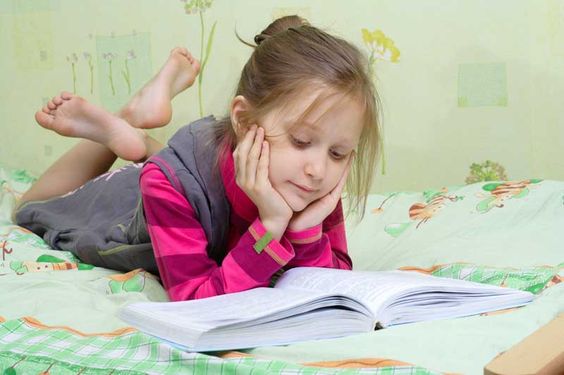
9. They are often misfits or feel they don’t belong: Empathic children have difficulty connecting with other children if they aren’t on the same emotional level as they are. This, in turn, makes them feel left out or lonely.
mg class=»aligncenter size-full wp-image-75188″ src=»http://us.abrozzi.com/wp-content/uploads/2017/09/9-16.jpg» alt=»9″ width=»564″ height=»376″ />
10. Crowds Hyper-stimulate Them: Every sound, argument, shout, laugh, cry, and conversation in a crowd is observed by the natural child empath. Being exposed to this environment for extended periods can be exhausting.

11. They can tell when someone is lying to them: Empathic children are very perceptive of body language, tone of voice and intentions. They’re the children that are most likely to squirm when a doctor says, “this won’t hurt one bit!”

12. Their feelings are on a far deeper level: On top of dealing with other’s emotions, many empathic children are hyper-aware of their own emotions as well. They may bottle them up in hopes to contain everything they are feeling. Where others may be able to shrug off a feeling, empathic children tend to feel the full effect of a singular emotion.

